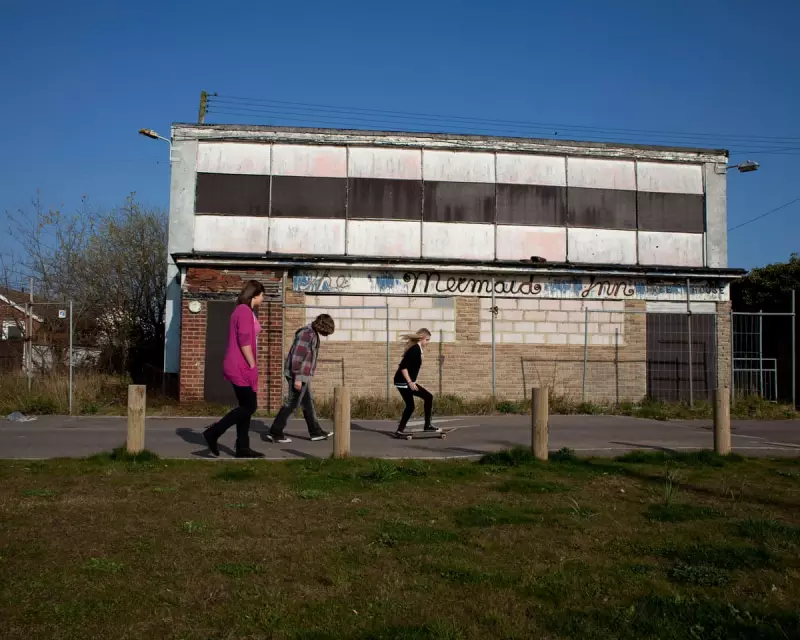
Britain's social fabric is tearing at the seams as new evidence reveals a nation grappling with intensifying poverty and systemic failure. From the coastal struggles of Jaywick to the inner-city deprivation of London, a disturbing pattern of inequality is emerging that challenges the very notion of a functioning society.
The Relentless Decline of Coastal Communities
Jaywick, once dubbed Britain's most deprived area, continues its downward spiral despite repeated government promises of regeneration. Local services have evaporated, employment opportunities have vanished, and hope has become the scarcest commodity of all.
"We've been forgotten," says one lifelong resident. "Politicians make promises during election season, then disappear for another four years. Meanwhile, our community sinks deeper into poverty."
London's Hidden Poverty Epidemic
While the capital's glittering skyline suggests prosperity, beneath the surface lies a different reality. Food bank usage in London boroughs has skyrocketed by 45% in the past year alone, with working families increasingly unable to afford basic necessities.
- Child poverty rates in some London areas exceed 50%
- Emergency food parcel distribution at record highs
- Working parents skipping meals to feed their children
- Rising homelessness despite empty luxury properties
A National Crisis Demanding Urgent Action
Charity workers and community organisers report unprecedented demand for their services. "What we're witnessing isn't just economic hardship—it's the collapse of social safety nets that should protect the most vulnerable," explains a frontline support worker.
The data paints a bleak picture of a divided nation where geographic location increasingly determines life chances. Whether in struggling coastal towns or wealth-divided cities, the story remains the same: Britain's social contract is broken.
The Human Cost
Behind the statistics are real people making impossible choices between heating and eating, between medication and meals. Pensioners freezing in winter, children going to school hungry, and families living in temporary accommodation for years—these are the faces of modern Britain's poverty crisis.
As political debates rage in Westminster, communities across the country wait for solutions that never arrive. The question remains: how much longer can this continue before something breaks permanently?





